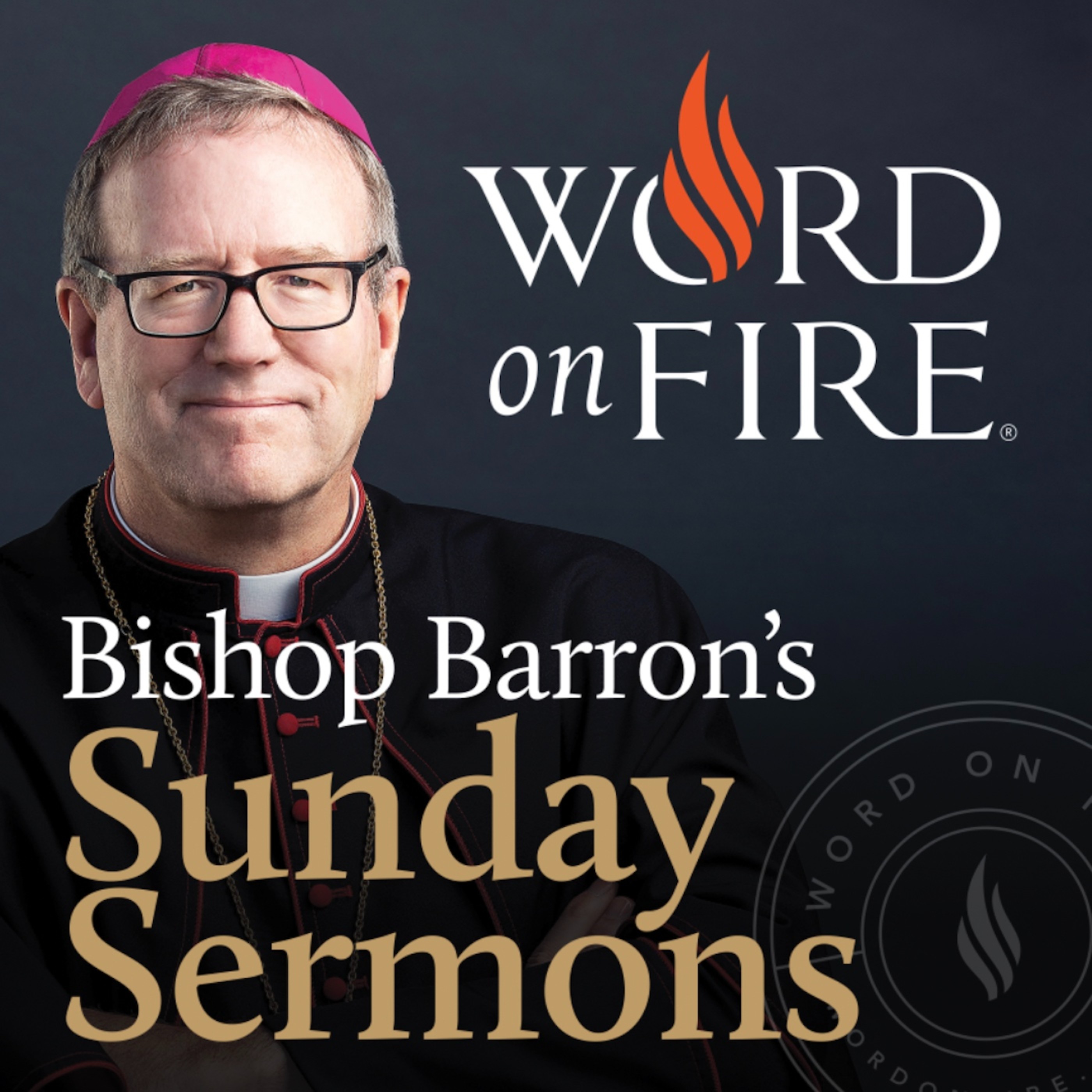

Bishop Barron’s Sunday Sermons - Catholic Preaching and Homilies
Bishop Robert Barron
A weekly homily podcast from Bishop Robert Barron, produced by Word on Fire Catholic Ministries.
Episodes
Mentioned books

Jan 6, 2008 • 15min
Faith, the Friend of Reason
One of the truths that is manifested on Epiphany (that's what the word "epiphania" means) is the compatibility of faith and reason, of religion and science. The Magi were scientists, astronomers interested in tracking and measuring the heavenly bodies. But they also saw in the orderliness of the universe evidence of God. Their search for Christ symbolizes the fact that all of science leads finally to God.

Dec 30, 2007 • 15min
Holy Family Values
Paul lays out for the Colossians (and us) the virtues that make a family healthy. They include compassion, patience, bearing the burden of the other and, above all, love. To find out precisely what these terms mean, listen to the sermon!

Dec 23, 2007 • 15min
Ahaz and Joseph
Both Ahaz and Joseph are being summoned out of a narrow perspective and encouraged to dream big, to think of their lives within the context of God's purposes and plans. This makes them prime Advent figures.

Dec 9, 2007 • 15min
Repent!
John the Baptist sums up the Advent season. He lives in the desert, the place of no distraction, and he speaks a message of repentance and the confession of sin. Advent is a great time to clear away all that separates us from Christ. It is a time of repentance.

Dec 2, 2007 • 15min
Incoming!
Advent is from the latin word adventus, which means coming or arrival. Some arrivals are positive; others are downright threatening. The Gospel for today paints a somewhat dark picture of the coming of the Son of Man, likening it to the flood of Noah. When Christ comes, we have to change, and that's often wrenching.

Nov 25, 2007 • 15min
David and Jesus
Along with Moses and Abraham, David is the most important figure in the Old Testament. The first Christians read Jesus in light of these heroes of the Old Testament.

Nov 18, 2007 • 15min
The Birth Pangs of the Messiah
Our readings for today are apocalyptic, which means that they describe the end of an old world and the beginning of a new one. The new world in question is the world of Christ's lordship. To enter into that spiritual space, we have to go through earthquake, famine, and war. But this is, finally good news!

Nov 11, 2007 • 15min
Resurrection of the Body
Both our first reading and Gospel for today present the distinctively Biblical view of what happens to us after we die. We do not so much escape from the body as begin to live in a transformed and transfigured body, what Paul calls a "spiritual body."

Nov 4, 2007 • 15min
Zacchaeus
The story of Zacchaeus in the Gospel of Luke is a kind of spiritual itinerary. If we attend to it carefully, we will learn the essentials of the life of grace.

Oct 28, 2007 • 15min
Paul’s Farewell Discourse
The second letter to Timothy is Paul's parting advice to his young colleague and spiritual son. He speaks of being poured out like a libation, of being ready for a great journey, of having fought the good fight and run the successful race. All of these images are illuminating for us as well.


